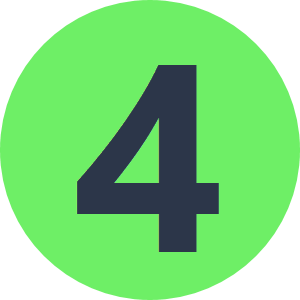Hi FME Community,
That’s a wrap on our August Photo Contest Questions of the Week! Thank you to everyone who participated. We loved seeing your photos! Our grand prize winners will be announced by Friday, September 6.
Since September is ‘back to school,’ we thought it apt to theme this month’s Questions of the Week around FME education.
This week’s question: What’s a new course you’d like to see in the FME Academy OR what’s your favourite course in the Academy?
New to the Question of the Week?
Every week, we’ll post a simple but thought-provoking question that could be about your FME journey, the power of spatial data, FME innovation, or the future of FME.
Each weekly question you answer earns you an entry in our monthly draw for exclusive Safe swag and points toward badges! Answer your first question and you’ll get the Socializer (Ice Breaker) badge. Answer five questions and you’ll get the Socializer (Talker) badge.

















